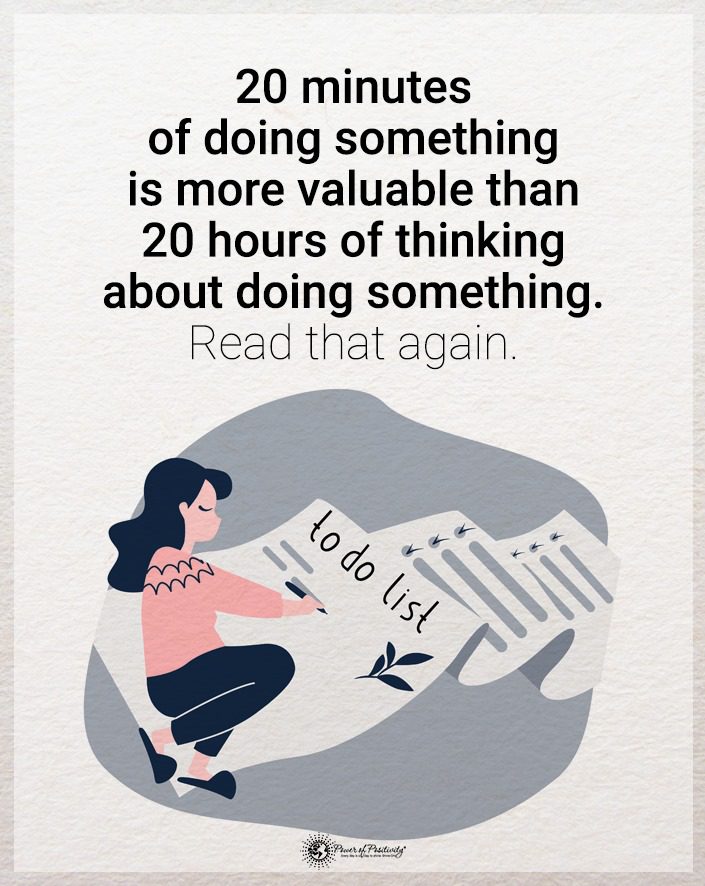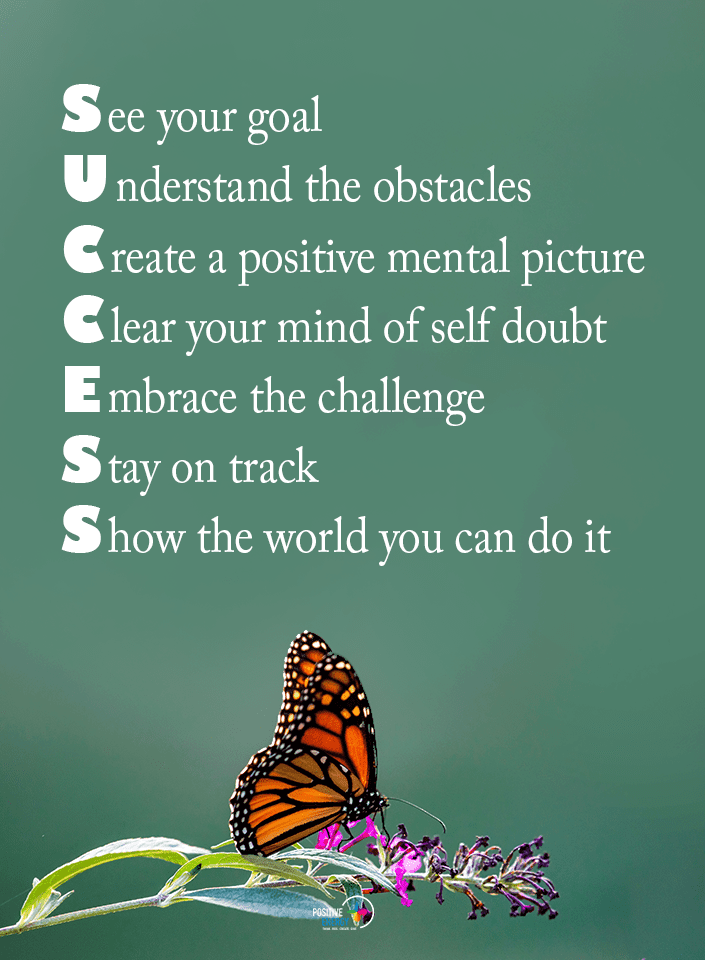In modern society, being married is generally viewed as a commitment between two people to build a life together. It is often considered a marker of adulthood and a step towards forming a family. However, how marriage is viewed and practiced can vary greatly depending on cultural and societal factors. Marriage is a traditional and highly valued institution in some cultures and communities.
In others, it is viewed as less necessary or unnecessary. The legal recognition of marriage has evolved and varies across countries and states, with some offering marriage rights to same-sex couples and others not. In many societies, the concept of marriage has become more flexible and diverse, reflecting changing social norms and values. So, it would be expected that more and more people would get married, seeing how progressive the institution has become.
But because it’s no longer imposed on people or viewed as a social obligation, many people wait until later to do it. Some choose not to get married at all. Just a few decades ago, people used to get married in their early twenties. Even as recently as fifty years ago, many marriages were arranged. Or if not arranged, at least kids were expected to get married as soon as they entered young adulthood.
Plus, many women used to be financially dependent on having a husband. There was a time when women didn’t have the right to work and had to be homemakers. Sure, there are still some cultures where these gender norms and dynamics are upheld. But in most cultures and countries, people have freedoms and rights now. And the trend has shifted so that people wait a lot more to get married.
Why People Are Waiting to Get Married in Their Forties
1. Career and Personal Development
Many people today focus on building their careers and achieving personal goals before committing to a long-term relationship and marriage. This is partly due to the changing economic and social landscape, which has led to people working longer hours and having less time for personal relationships.
There is a growing emphasis on individualism and self-fulfillment, which may motivate people to prioritize their personal and professional development over starting a family. Some cultures even encourage people to focus on their education and career before starting a family. People are working longer hours and have less time for personal relationships.
So, they might put off marriage until they feel they have achieved particular career success and stability. As the cost of living continues to rise, many people may feel the need to be financially secure before starting a family. People may prioritize their career over their personal life because they feel that their career is a significant part of their identity and self-worth. Many people want to be successful in that aspect before committing to a long-term relationship.
2. Achieving Financial Stability Prior to Getting Married
Financial stability is something many people feel they need before getting married. They want to ensure that they can provide for a family. Marriage and starting a family often involve significant financial responsibilities. You might have to buy a home, pay for child care, and save for education and retirement. Financial stability promises they can take care of their family in case of unexpected expenses or changes in income.
Financial stability can also provide security and peace of mind, essential for building a solid foundation for a long-term relationship. Many people put off marriage until they feel they have achieved a certain level of financial stability. They want to ensure that they are in a good place emotionally, personally, and financially before starting a family.
3. Changing Social Norms
Social norms regarding marriage have been changing over time. This is one reason why some people are waiting to get married. Historically, marriage was often seen as a necessity or a rite of passage. But today, many people view it as a choice that can be made at any point in life. People have become more independent and self-sufficient.
They may not need to get married for financial or emotional support. With more significant social and economic mobility, people are more likely to delay marriage. As mentioned, most wait until they feel they have achieved personal and professional success.
There is more acceptance of different lifestyles and orientations. So, many people choose to live together and form long-term relationships without getting married. The societal view of marriage has become more flexible and diverse, reflecting changing social norms and values. Marriage is no longer seen as a one-size-fits-all institution, and people are taking their time to consider the decision more carefully.

4. Greater Independence
As people become more independent, they have more control over their lives. Most people might not feel the need to get married for financial or emotional support. They may also feel that they have the ability to achieve their goals. People today live as they choose, without being dependent on a partner.
With greater economic independence, people can support themselves financially. Thus, they may not feel the need to get married for financial reasons. This independence can also allow people to wait until they find the right person. In the past, they felt pressured to settle down and get married at a young age. People want to live a few years without being tied down.
Marriage is a big responsibility that people in their twenties and thirties might not want to take on. But people in their forties usually don’t feel the need to experiment so much. They have already had their share of fun in their younger years. And they are probably already stable, financially and emotionally. So, for most people, that’s the perfect time to find a partner.
5. Finding the Right Partner Before Getting Married
Many people today may be waiting to find the right partner before getting married. There are several reasons why this might be the case. There is a greater emphasis on individualism and self-fulfillment. So, people may be more selective about who they marry. They often want to ensure they have found someone with similar values, goals, and lifestyles.
Plus, many people are better positioned to wait until they find the right person rather than feeling pressured to settle down. Not to mention that marriage comes with a high divorce rate, which affects people emotionally and financially. As a result, people may be more cautious about choosing a partner. They want to ensure they have found the right person before making a long-term commitment.
Waiting to find the right partner can ensure that the people are emotionally and mentally prepared for the commitment. Marriage comes with many expectations, such as building a family, so people have to be sure they are ready to take this on. This way, they can avoid going through unnecessary emotional stress and disappointment that could arise from a failed marriage.
6. Previous Marriages or Children
Not everyone only gets married once. Some go through two, three, or even more. There are many reasons why someone would get married more than once. But having a previous marriage always affects the decision to do it again. Previous marriages can also bring emotional baggage that can make people more hesitant to enter a new marriage.
People who have gone through a divorce may want to take the time to heal and process their emotions before committing to a new relationship. They may also want to ensure that they are in a better place emotionally and mentally before getting remarried. Other factors might be at play, such as having children from a previous relationship. For example, people with children may want to ensure that any new partner is someone who will be a positive influence on their children.
The new marriage would have to be stable enough to bear the responsibilities of raising children. People who have gone through a previous marriage and have children may be more financially stable. They usually have less of a need for marriage for financial reasons. So they can take their time to make sure they are making the right decision for themselves and their children.
7. People Are More Selective
Selecting who you will marry is a personal choice and can be crucial in ensuring a successful and lasting relationship. You have the freedom to find someone who shares your values, goals, and lifestyle. It’s not just about lust and attraction but about who you believe will be a good partner for you in the long term.
When being selective, consider factors such as compatibility, communication, trust, shared values, and personal and professional goals. It’s also important to have realistic expectations and not to settle for less than you deserve. Being selective may also mean taking the time to get to know the person well before committing.
This can include dating for a significant period and having open and honest conversations about your expectations and goals. Spending time together with friends and family is also essential. Selecting who you will marry can be a healthy and responsible approach to building a long-term relationship. It allows you to find someone truly compatible with you, even if you have to wait to get married in your forties.
Final Thoughts on Why People Are Waiting to Get Married in Their Forties
There are several reasons why people may be waiting to get married in their forties. Some people focus on career and personal development. Some focus on achieving stability or waiting to find the right partner. The social norms are changing, meaning marriage is not considered mandatory to have a good life. There is greater independence, which allows people to be more selective about who they will marry. And, if they have kids or were in a previous marriage, that will also factor into their decision to get married later.
Everyone has their own experience with marriage and will find the right partner sooner or later. But, for now, that age seems to be somewhere in your forties. So, if you’re young but don’t have a partner, don’t panic. Your younger years allow you to work on yourself and achieve your goals. Then, later, you can start thinking about marriage.


















